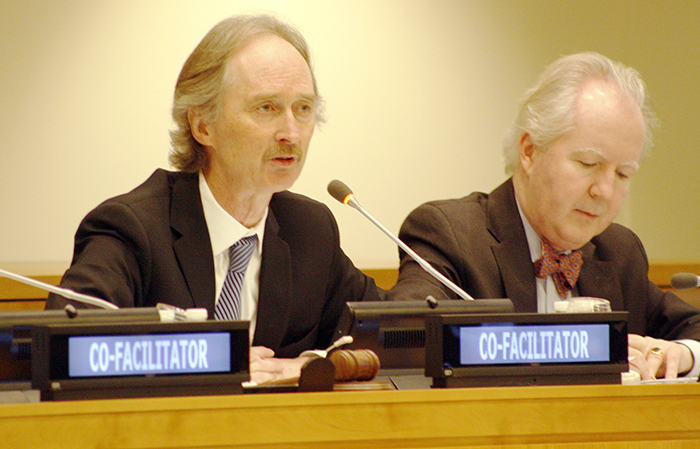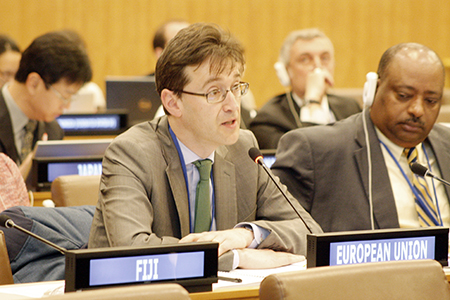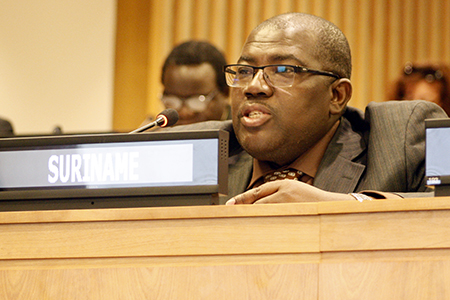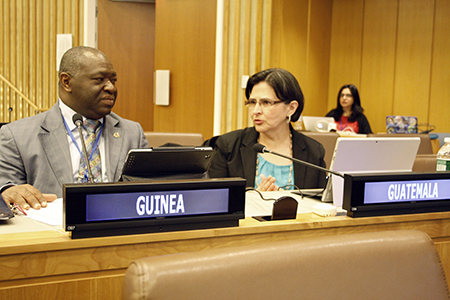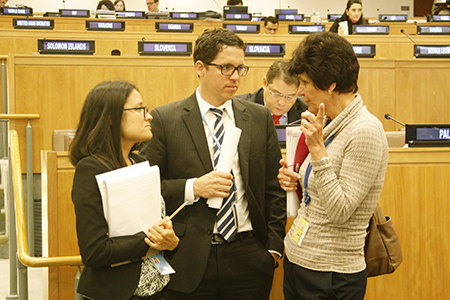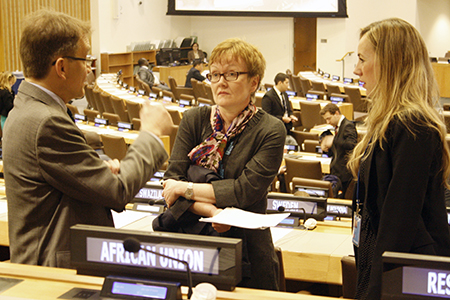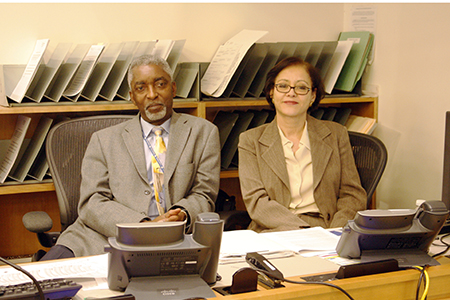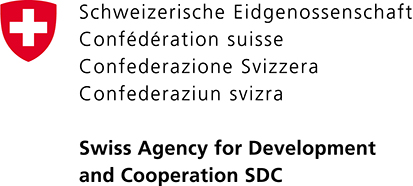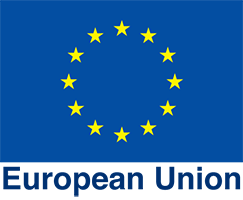|
 On Thursday, 16 April, delegates discussed the zero draft sections on: systemic issues; technology, innovation and capacity building; and data, monitoring and follow-up. On Thursday, 16 April, delegates discussed the zero draft sections on: systemic issues; technology, innovation and capacity building; and data, monitoring and follow-up.
On systemic issues, developing countries called for strengthening the voice and representation of developing countries in the governance of international financial institutions; and greater flexibility in the policies of the International Monetary Fund to ensure sensitivity to developing country needs. They also supported language supportive of more domestic policy space. Some developing countries called for effective surveillance of policies in developed countries that have disproportionate impacts on the global economy. Developed countries, meanwhile, called for much stronger language on the importance of domestic enabling environments in this section.
On technology, innovation and capacity building, developed countries opposed language on flexibilities in the World Trade Organization’s Trade-Related Intellectual Property Rights regime to create conducive policy environment for technology development and dissemination. They pointed to the necessity of rule of law, governance and private property rights for innovation to flourish. On this issue, developing countries favored the inclusion of language supportive of creating a UN technology facilitation mechanism, and called for an intellectual property regime that supports the achievement of the Sustainable Development Goals. A few developing countries expressed concern over the shift in focus to science, innovation and domestic actions in developing countries, at the expense of greater international cooperation to facilitate technology development and transfer.
On data, monitoring and follow-up, developing countries supported the establishment of a subsidiary body under the UN Economic and Social Council or using arrangements under the UN General Assembly for monitoring and follow-up, instead of entrusting the High-Level Political Forum (HLPF) with this task. They also called for the standardization of data pertaining to international resource mobilization, including ODA, and deleting ‘full’ from full stakeholder participation to retain the intergovernmental nature of the process.
The EU noted that progress and implementation of the post-2015 development agenda should be done in conjunction with all means of implementation (MOI), while supporting a comprehensive framework for tracking financial and non-financial MOI, both national and international. On monitoring and follow-up, the EU and other developed countries emphasized using the HLPF to review implementation of all outcomes, and opposed the creation of a new inter-agency taskforce or a separate FfD track that would duplicate efforts.
|
|


